Communities of Practice: Fostering Knowledge and Exchange of Learnings
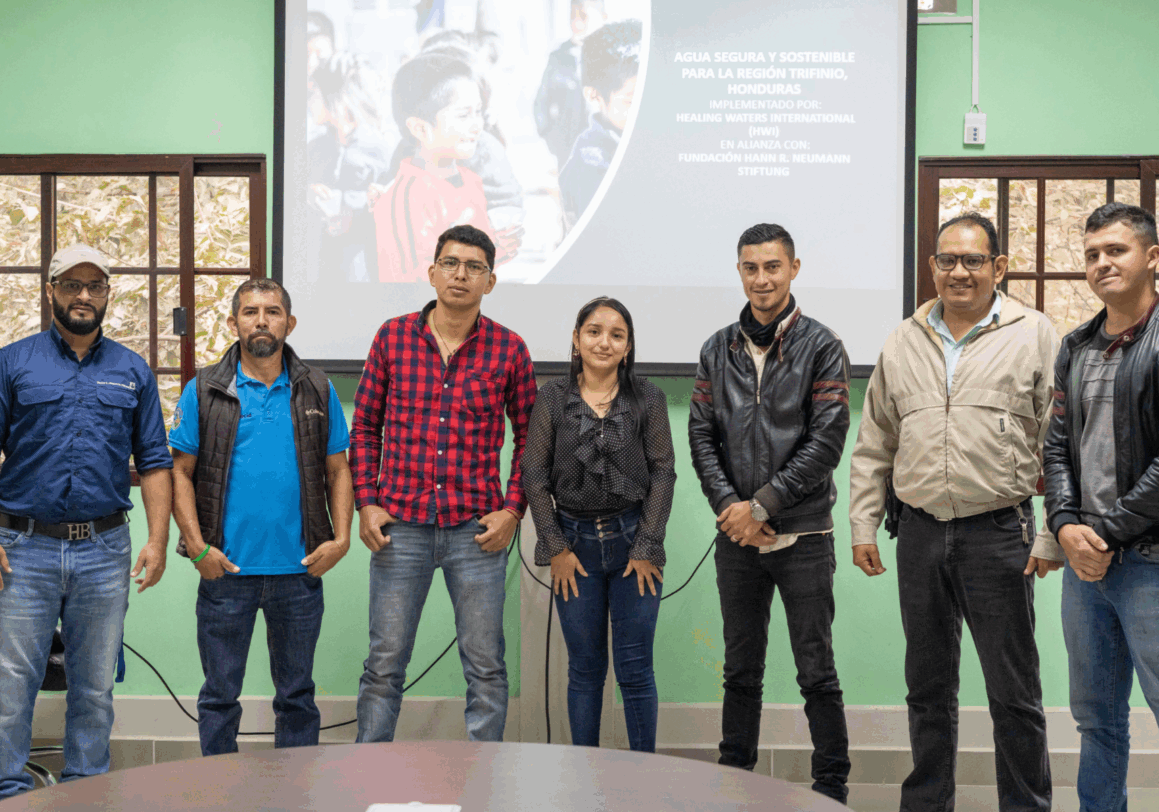
Climate change is intensifying and is putting the future of the entire coffee sector at risk. Researchers estimate that over the course of 30 years, roughly half of the land used to grow coffee will decrease and will no longer be suitable for coffee production. With effects from climate change rising at an alarming pace, higher temperatures are significantly impacting coffee cultivation at lower elevations. Many farmers are looking to move to higher altitude areas (often under forest coverage) to increase farm size and profitability. This is not only having a strong impact on how coffee is grown but is also putting the livelihoods of smallholder families, environmental sustainability, and entire agricultural landscapes at stake.
In order to increase the overall climate resilience of landscapes, production systems, and sustainable rural livelihoods, the initiative for coffee&climate (c&c) calls for innovation, engagement from the sector, and willingness to work together.
c&c’s approach equips smallholder families with skills and tools to improve their resilience to climate change and shape climate-smart regions. An important element within this approach are local and regional learning networks that exchange information, lessons learned, and experiences on climate action – so-called Communities of Practice (CoP).
What are Communities of Practice?
c&c’s CoPs are locally managed groups that unite different members of the private sector, institutions, and farmer organizations. All members share the common interest of increasing the climate resilience of entire coffee landscapes, share best practices, exchange on lessons learned, and support in the development of joint sector solutions.
CoPs provide a structured framework for members to meet regularly, share information, and exchange on relevant regional climate topics to develop solutions that can then be applied to their own organizations, structures, and communities. Each CoP undertakes specific topics that address main problems identified in the region.
As a space for engagement, shared knowledge, interpersonal relationships, and entrepreneurship, CoPs are held on a pre-competitive basis together with local institutions (e.g. coffee institutes, universities, or research organizations). They are a key format to disseminate the generated knowledge of c&c under a local ownership framework. By bringing together important local stakeholders, CoPs can foster local collaborations that help strengthen climate adaptation and mitigation on-site.
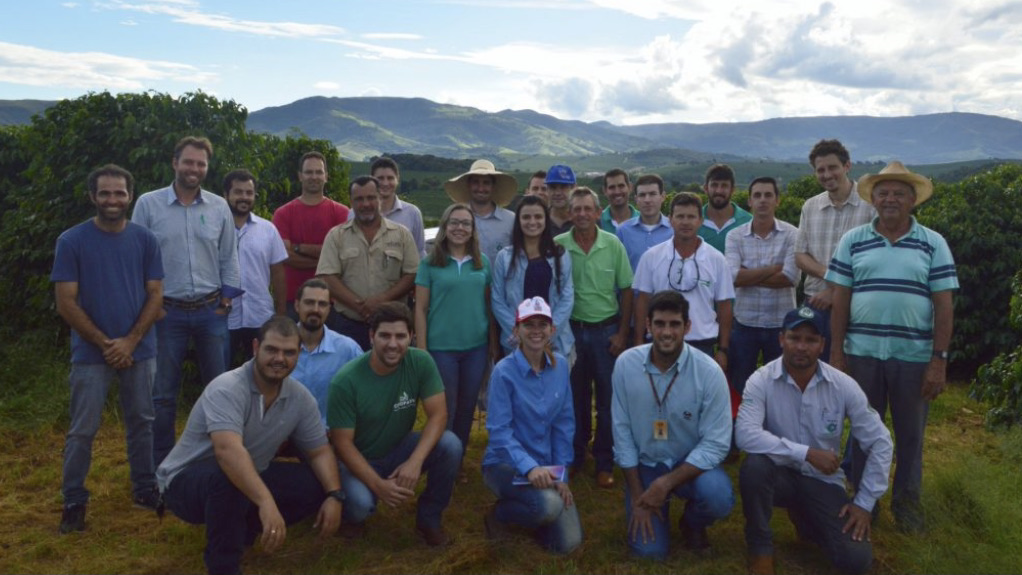
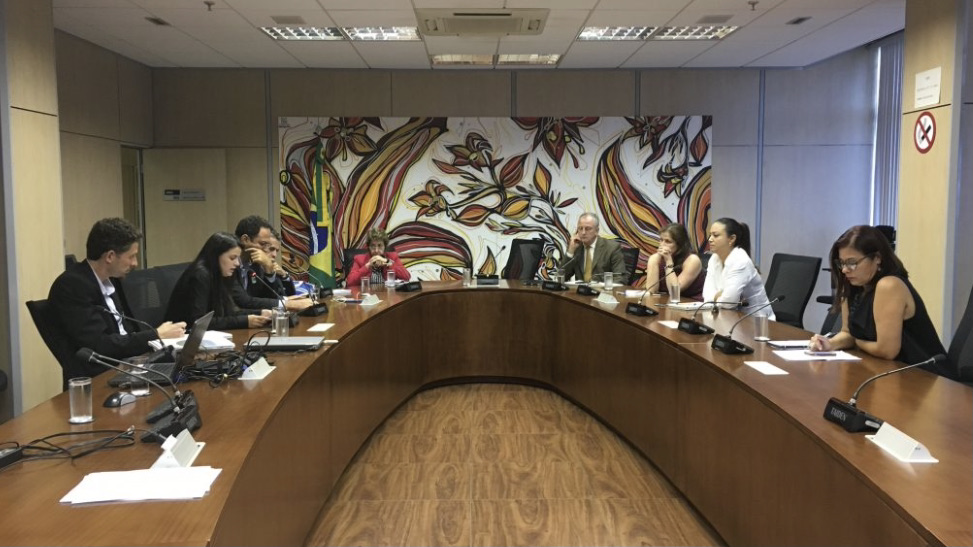
Communities of Practice in the Trifinio Region of Honduras
Building on successful experiences with the development of CoPs in Brazil, c&c’s goal is to scale this approach and promote CoPs at a global level. “In Central America, c&c has been working with Hanns R. Neumann Stiftung (HRNS) and other local partners to establish new CoPs in the region”, explains Pablo Ruiz, Executive Director of HRNS in Central America. “To date, two CoPs have been assembled in the Trifinio Region of Honduras, addressing the urgent topics of climate change and inclusion (gender and youth).”
It is women, more than men, who are disproportionately more vulnerable to the effects of climate change. This is not only because women perform up to 90 % of the agricultural work on farms, but also because of other challenges they face: They often have less access to opportunities and decision-making power than men. This increases their vulnerability to climate change and deprives them of their ability to manage its impacts. In Honduras, 2.2 million women live in rural areas. With limited access to resources, knowledge, and technical assistance, many of them have not been able to live up to their capacities and fully achieve their dreams. “Even though there are several actors and institutions supporting rural women in the region, their interventions are not fully aligned”, states Ruiz. “Creating an Inclusion CoP brought these actors together so they could discuss, exchange, and align.”
With a total of 13 active members, including organizations, government institutions, and farmer organizations, the “Inclusion CoP” is developing solutions for women. It offers improved services, creates inclusive actions to support their participation in the coffee value chain, accelerates gender equality actions, and promotes positive gender norms at a community and institutional level. Through a series of monthly forums, presentations, workshops, and meetings, the CoP is also addressing decision-making power, even distribution of responsibilities among household and farm work, access to production resources, and leadership roles, among other topics.
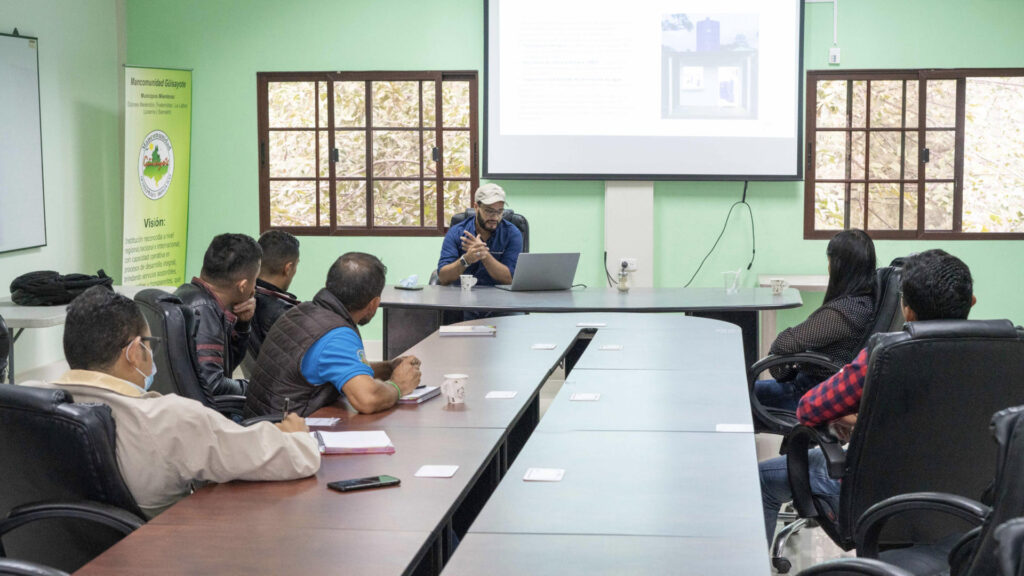
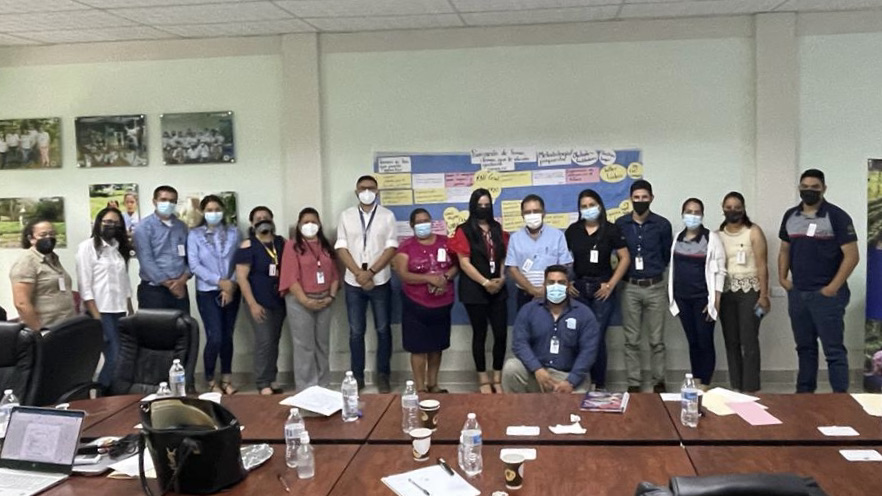
“As part of the Inclusion and Gender CoP, a forum was recently held on June 2, 2022, in Ocotepeque, Honduras to analyze existing public policies related to gender and the coffee sector”, describes Fredy Menendez, Project Coordinator at HRNS in Central America. “The forum brought together 15 municipal mayors from the departments of Copán and Ocotepeque, Honduras, coordinators of municipal offices for 15 municipalities, and representatives of 18 farmer organizations, to openly exchange on ways to link current policies together and find ways to put them into practice throughout institutions, organizations and municipal offices.”
In addition, the gender policy for the coffee sector was distributed by the secretary of the National Coffee Council of Honduras (CONACAFE), Omar Funez. This helps the CoP and its members to align activities with the gender policy and initiate the implementation of actions in the territory. The next meeting will take place next month.
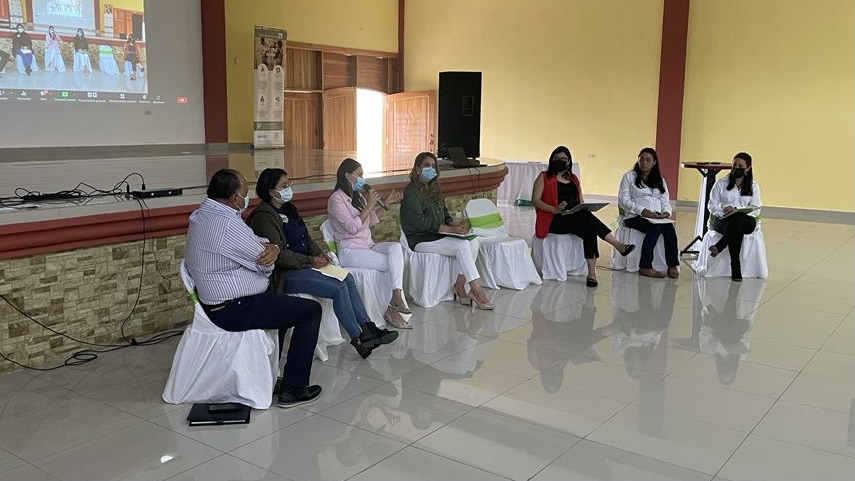
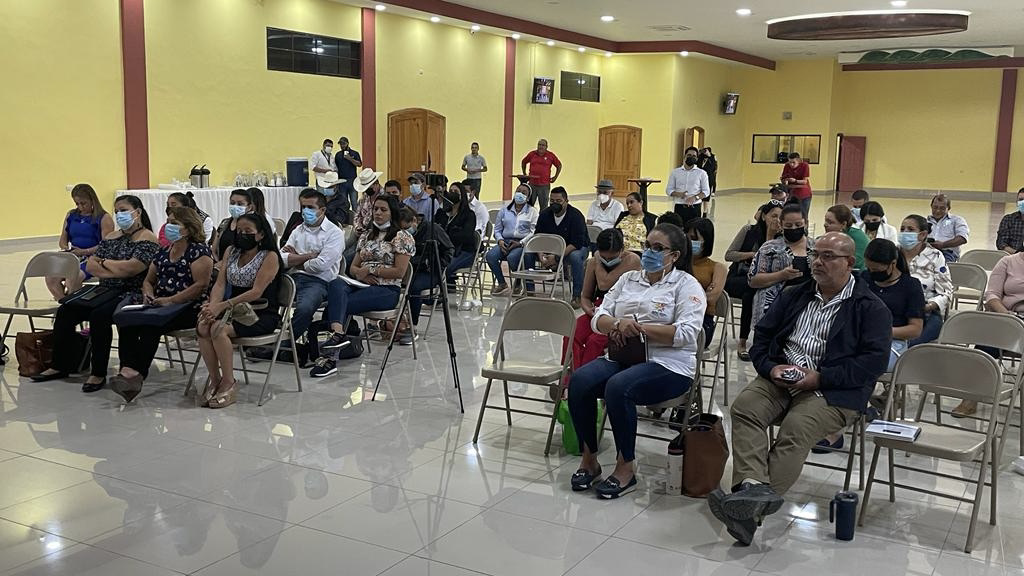
Looking Ahead
Through CoPs, c&c seeks to further promote the exchange of methodologies and align a territorial approach. c&c is advocating for and supporting the strengthening of the two-newly established CoPs. “At the moment, we’ve reached good participation and engagement from institutions, government representatives, and farmer organizations in both CoPs”, states Ruiz. “What’s missing is putting everything into practice.” Moving forward, activities will focus on encouraging members to carry out and apply the topics that are being discussed and agreed upon. The goal is that the defined agreements and approaches are harmonized and implemented at every level.